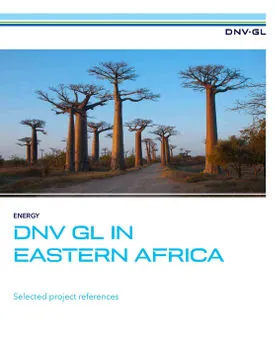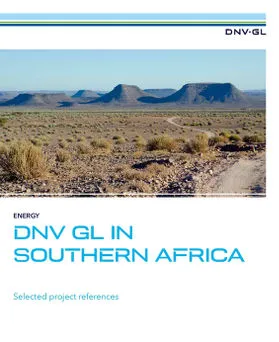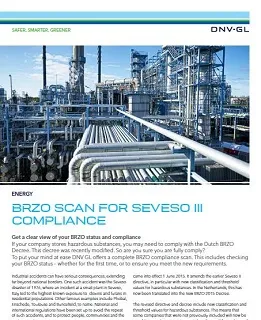Briefing will announce latest details of planned programme of government-backed renewable energy projects in Egypt
- DNV GL recognises the opportunity for renewables in the Egyptian market and advises government and private investors to help ensure their future in Egypt and the Middle Eastern and North African region
- Briefing marks a turning point in both wind and solar industries highlighting the importance and potential for continued renewable energy projects
DNV GL, the world’s largest resource of independent energy experts, is set to host a briefing for all pre-qualified bidders and successful renewable project developers, on the latest Egyptian Renewable Energy FIT Programme in Cairo on Tuesday 31st of March 2015. DNV GL will be hosting the briefing alongside partners Eversheds, the International Finance Corporation (IFC) of the World Bank Group, the European Bank for Reconstruction and Development (EBRD), Apricum, and Shahid Law Firm.
The briefing, to be given on behalf of the Egyptian New and Renewable Energy Authority (NREA) and the Egyptian Electric Utility and Consumer Protection Regulatory Agency, will announce the latest details of the planned programme of government-backed renewable energy projects in Egypt, including necessary investment criteria, corporate structuring and technical data, Power Purchase Agreement (PPA) terms and timelines.
Sliman Abu Amara, DNV GL Area Manager, Africa comments: “The Egyptian market is on the brink of some industry changing renewables projects right now. By helping to develop projects in the region and demonstrating the success they can achieve we are helping Egypt to reduce its dependency on foreign imports by providing new sources of power.”
DNV GL has worked closely with NREA in the past having provided a successful feasibility study and cost-benefit analysis for the largest PV solar project (Kom Ombo) in the Egyptian desert last year. The project marked a milestone within the region, highlighting the opportunity to generate solar power that can be fed back into the national grid for countrywide use, reducing CO2 emissions, and ultimately the reliance on oil and gas imports for electricity production.
At present, DNV GL is involved in several projects within Middle Eastern and North African (MENA) regions, including providing advisory services to support the management of wind power integration projects in the Egyptian Power System with the Egyptian Electricity Transmission Company (EETC) and funded by the World Bank. The project, which first began in June last year and is due to be completed in September 2015, will provide a full assessment of the power system, grid code and wind integration impacts as well as guidelines and procedures for improved operational dispatch techniques.
Further projects include: technical advisory including resource mapping for the development of a portfolio of wind projects in Oman, technical due diligence for four PV projects in Jordan, wind, CSP and PV training for various North African national utilities in Tunisia and technical advisory of the Moroccan national utility (ONEE).
Sliman Abu Amara continues: “Egypt’s huge potential is evident through our previous work with NREA and the French Development Agency (Agence Française de Développement – AFD). Removing the barriers to both solar and wind energy adoption is essential to strengthen Egypt’s local energy production. By combining in-country expertise and local offices we are well-positioned to support the African market and provide a combination of both technical expertise and knowhow of international standards.”
DNV GL’s focus also stretches to projects in various MENA countries such as Jordan, Morocco, UAE, Oman and Saudi Arabia, as well as key African countries such as South Africa, Kenya and Tanzania. DNV GL remains committed to both the energy transition in the MENA region and the further sustainable electrification of Sub-saharan Africa. This will see the widespread adoption of additional smarter, safer and cleaner supply technologies such as smart grids, CHP plants and energy storage solutions to create a more efficient and effective electricity supply infrastructure, capable of dealing flexibly with inputs from variable sources.




